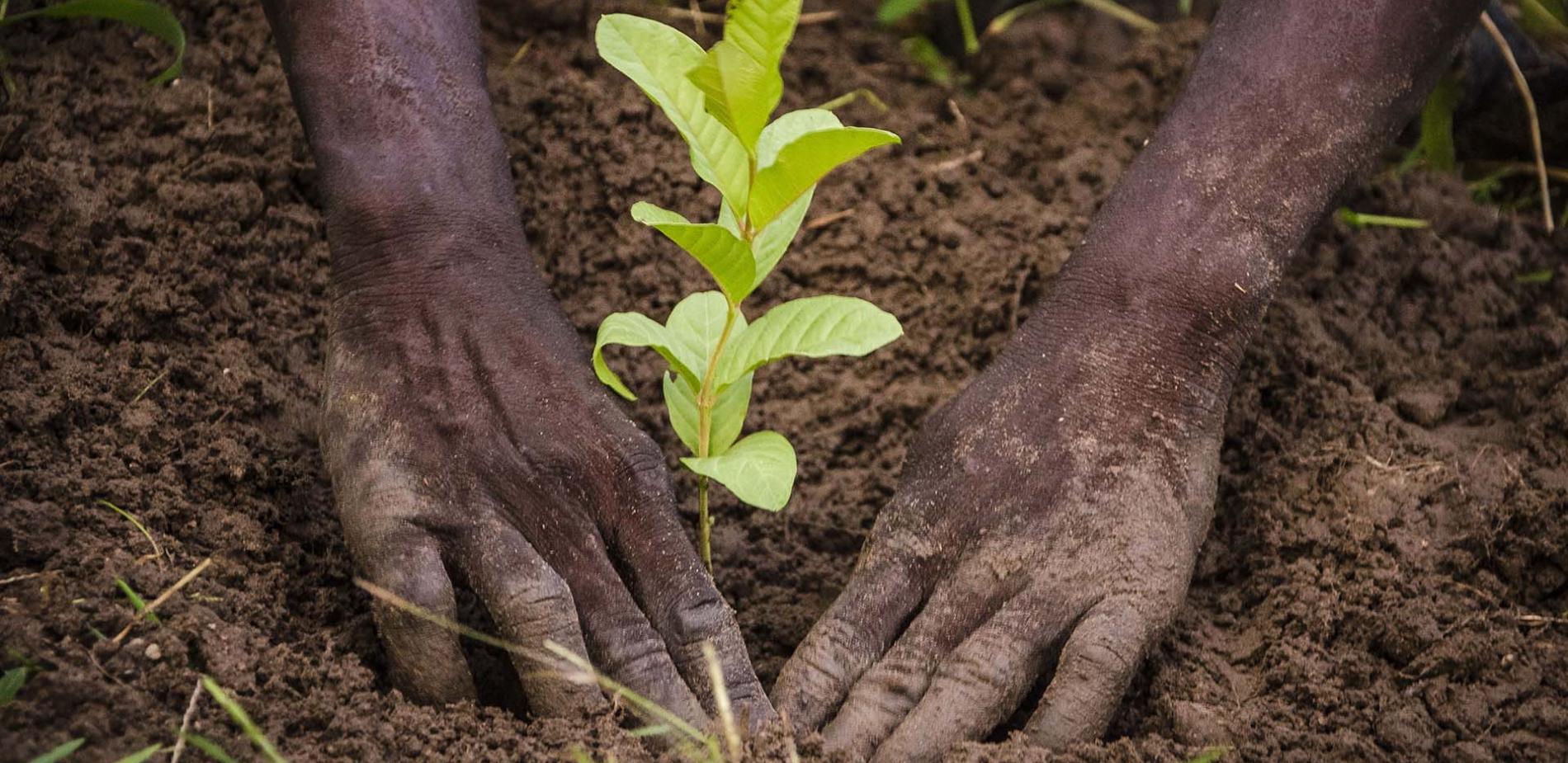India has taken a significant step forward in the adoption of agricultural biotechnology with the approval of genetically modified (GM) mustard for limited cash cultivation in October 2022. The decision, taken by the Genetic Engineering Evaluation Committee (GEAC), marks the introduction of the first GM food for human consumption in the country, following the introduction of Bt cotton introduced in 2002.
GM mustard, developed by the University of Delhi, aims to increase yields and reduce India’s dependence on vegetable oil imports. Currently, India imports about 15 million tons of edible oils per year, accounting for more than 70% of its total consumption, with an estimated value of $10 billion. Researchers estimate that GM mustard could increase yields by 25 to 30 percent, which would have a significant economic impact by reducing the import bill and strengthening national food security.
Bt cotton, the only other GM crop allowed in India, already covers more than 90% of the area under cotton cultivation, helping to make India the world’s largest cotton producer. The introduction of GM mustard could pave the way for wider adoption of biotechnology in Indian agriculture, fostering innovation and modernization of the sector.
However, this progress is not without controversy. Environmental groups and some agricultural organizations have expressed concerns about potential impacts on biodiversity, human health, and farmers’ rights. They highlight the need for rigorous precautions and independent assessments to ensure the safety and sustainability of these new technologies.
Despite these challenges, the Indian government seems determined to harness the potential of biotechnology to meet the food needs of a population exceeding 1.3 billion people. The adoption of GM mustard is seen as a strategic step to boost agricultural productivity, reduce dependence on imports, and support rural economic development.




